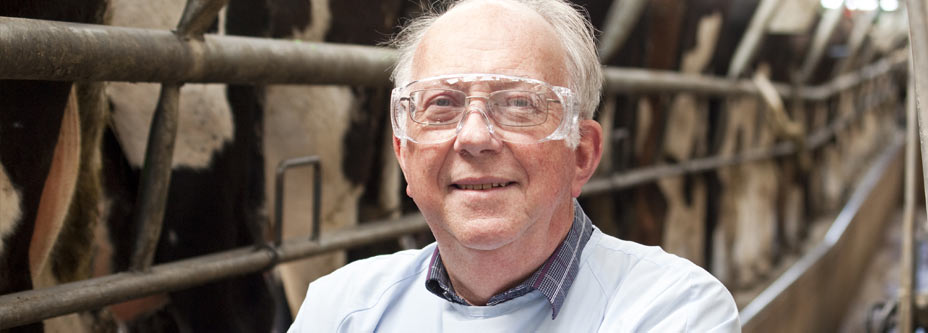
Novel approach
It's little understood and unique in the mammalian world, but a recently awarded research grant could shed light on the way that human babies' digestive bacteria interact with the carbohydrates in breast milk.
Professor Gerald Tannock (Department of Microbiology and Immunology) has recently been awarded $789,900 in the Ministry of Business, Innovation and Employment's 2012 science investment round to investigate the use of novel carbohydrates that may be modified, or substituted, to resemble those which occur in human milk.
The project will involve collaborative research with Dr Ian Sims of Industrial Research Ltd (Wellington). Sims identifies the carbohydrates in milk while Tannock analyses the associated bacteria.
“Breast milk contains complex human milk oligosaccharides (HMO) or sugars,” explains Tannock. “These HMO pass through the baby's gut practically untouched, but in the large bowel they enhance the growth of bifidobacteria.”
Oligosaccharides will be extracted from New Zealand resources and modified chemically so that they resemble the sugars that occur naturally in human milk. This could lead to the production of infant formula from cow's milk that will mimic the effect of human milk in enriching the bifidobacteria collection in babies' bowels.
“Breast milk is nature's gold standard and our research is not intended to increase the sales of infant formula at the expense of breastfeeding.
“However, not all mothers can exclusively nurse their babies for the six months recommended by the World Health Organization. It may be that premium cow's milk-based formulas can be developed once we understand the system better.”
